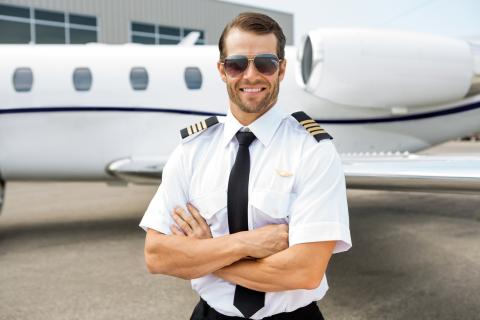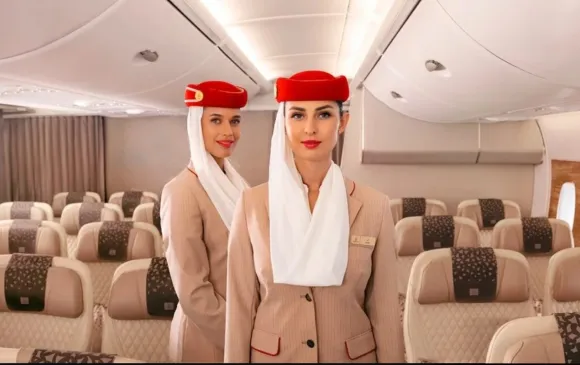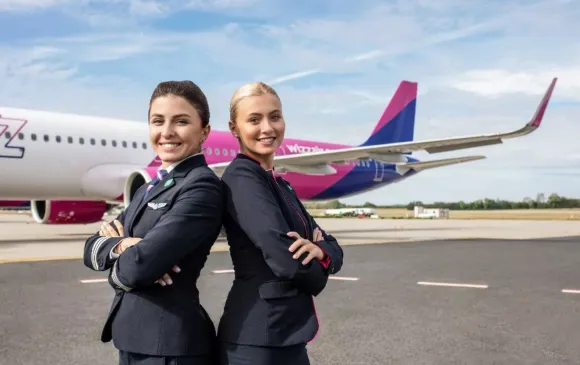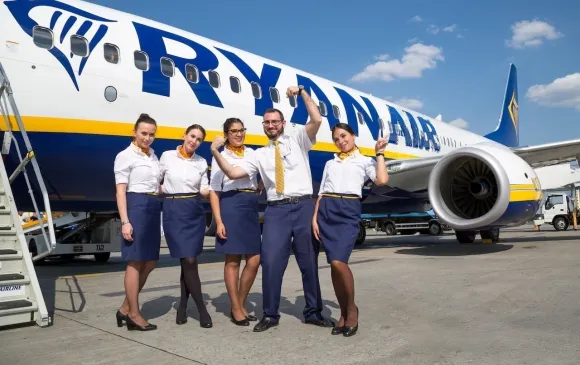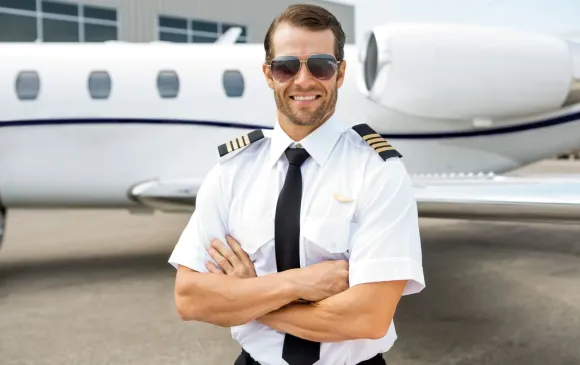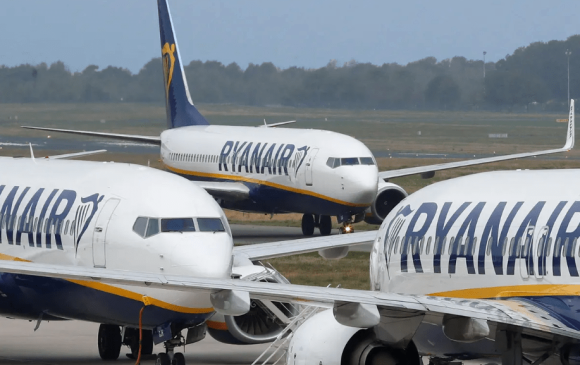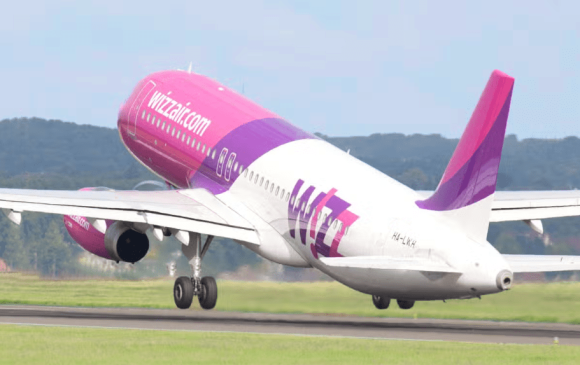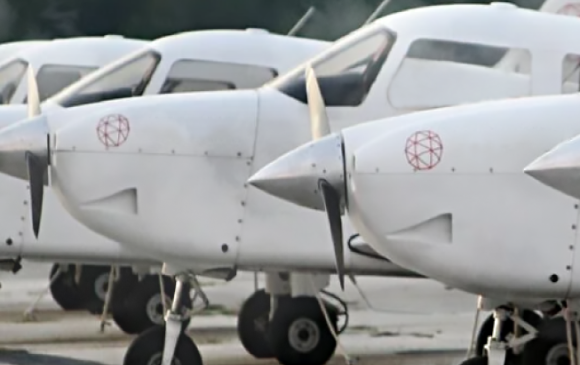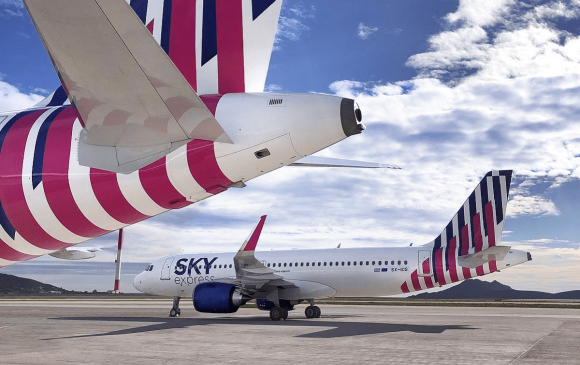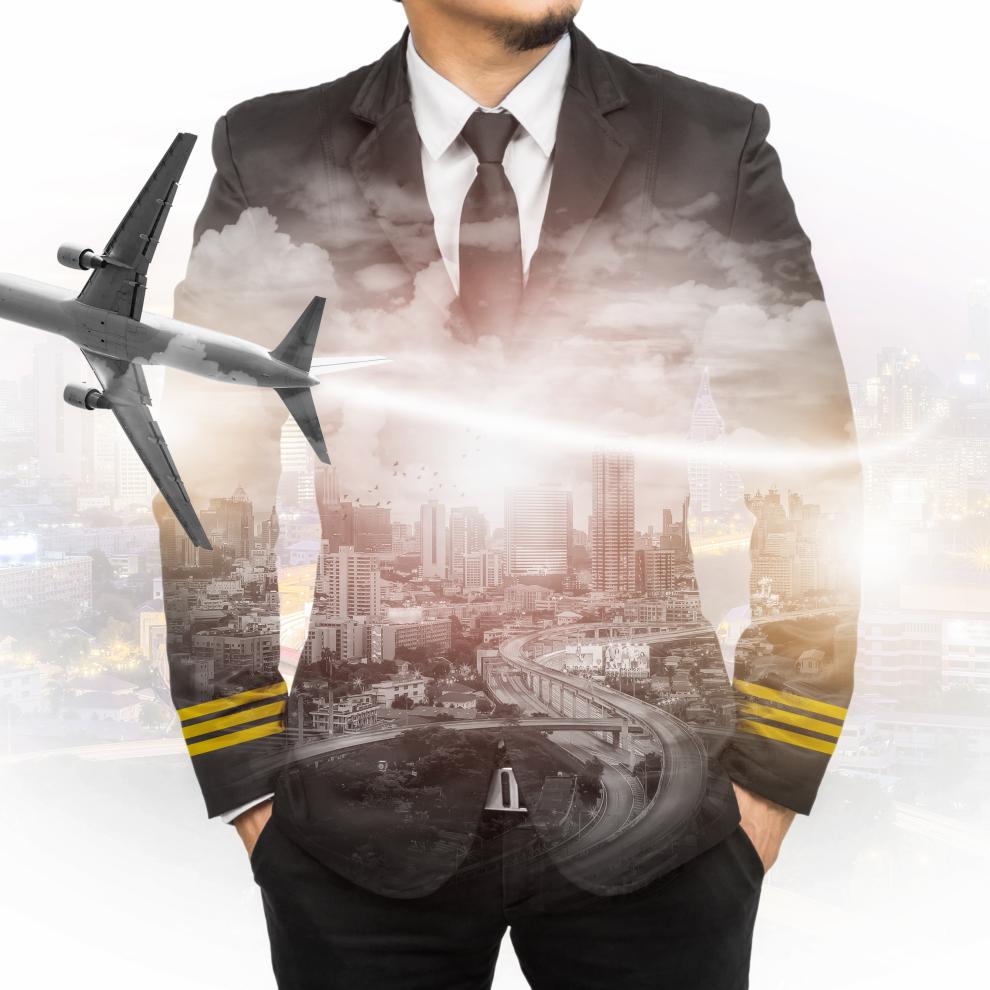The selection process for the job of a pilot is, with no doubt, rigorous and demanding. Same we can be said about the pilot interview. Pilots are getting the immense responsibility of flying a plane. They are carrying valuable equipment and passengers' lives. That's why the airlines must select the most qualified individuals for the role. The ultimate goal of any airline is to hire capable pilots. But, specific requirements and selection criteria can vary among airlines. Thus, candidates need to research and understand the expectations of the hiring company. It is crucial to know the preferences of the airline they are applying to.
The number of qualifications needed for a pilot position may vary. This always depends on the airline you apply to. The same is about your flying experience. Some airlines may have stricter criterias, some not. For example, a certain number of flight hours or experience on specific plane types. Others might prioritise attributes like leadership skills or teamwork. Some put more importance on the skills in certain aviation technologies. Also, airlines often have unique company culture and values. That influences their selection process and a pilot interview too. They may seek candidates who align with their organisational ethos. Some airlines search for those who work well in a team environment. Many recruiters look for strong communication and decision-making skills.
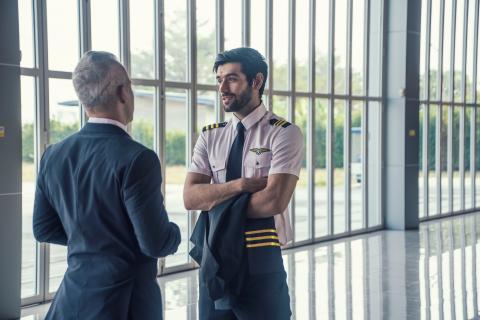
Furthermore, airlines may use various assessment methods during the selection process. This includes written examinations, aptitude tests, simulator assessments, interviews, and medical evaluations. Each stage of the process assesses different aspects of a candidate's knowledge and skills. Also recruiters assess candidate's suitability for the role of a pilot. Aspiring pilots should prepare well for the selection process as well as for pilot interview. Preparation is necessary to increase their chances of success. This usually involves obtaining the necessary certifications and licences. Also building flight experience is essential. As a candidate you should stay up to date with all aviation regulations. On top of that, developing technical and interpersonal skills will be a good asset too.
The selection process for pilots can be quite challenging. You should be aware that the high level of responsibility involved. Candidates should research and understand the specific requirements of the airline. It is also important to know the selection criteria of the airline they are applying to. They should then prepare themselves to meet those expectations. By doing so, they can enhance their chances of becoming one of the pilots for their desired airline.
If you are having your interview soon, then congratulations! Reaching the interview stage makes you one step closer in your journey to becoming a pilot! This accomplishment signifies that you have successfully completed the initial steps. But remember that the interview can still be a challenging and stressful experience. Yet, it is also an exceptional opportunity for you to showcase your skills in the best light possible. Usually, a panel of evaluators assesses candidates during pilot interviews. It always includes an airline pilot and an HR representative. The primary goal of these interviews is to determine whether you are the right fit for the airline. With a clear understanding of the airline's expectations you can succeed in the interview . Remember that confidence and thorough preparation will increase your chances of success.

Researching the Airline
Before your interview, conduct extensive research on the airline you are applying to. Try to understand their history, core values, fleet composition and routes. It will be helpful to check any recent news or developments. This knowledge will prove your genuine interest in the company. You can also tailor your responses to align with the airline's specific culture and objectives. Additionally, research the aviation industry in general. Stay informed about current trends, challenges, and opportunities.
Preparing for Technical Questions
Pilot interviews often include technical questions. This helps to assess your knowledge and understanding of aviation concepts. Review the airplane's systems, aerodynamics, navigation procedures, regulations, and other relevant topics. Study the airplane's manuals, flight operations manuals, and relevant industry publications. Practice explaining these concepts in simple terms. This shows that you can effectively communicate complex information to a diverse audience. Develop a deep understanding of the plane you will be flying. Stay up to date with the latest advancements and safety procedures of that type of the plane.
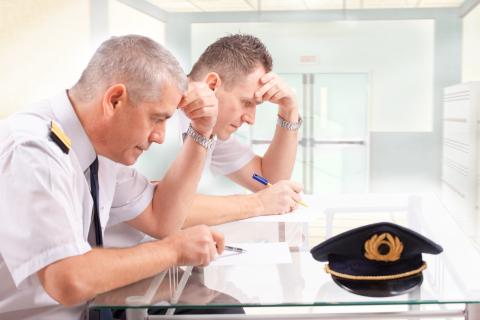
Showcasing Leadership Skills
Leadership is a critical quality for pilots. They are responsible for the safety and well-being of their crew and passengers. Prepare examples that highlight your leadership abilities. For example, situations where you resolved conflicts onboard. Or situations where you made difficult decisions, or demonstrated effective crew resource management. Emphasise your ability to remain calm under pressure and inspire confidence in others. Describe situations where you took charge and demonstrated strong decision-making skills.
Effective Communication
Strong communication skills are essential for pilots. Every day they have to interact with the air traffic control, crew members, and passengers. Practice articulating your thoughts clearly, efficient and with confidence. Be mindful of your body language. Maintain good eye contact and engage in active listening. Showcase your ability to adapt your communication style to different situations and individuals. Discuss your effective ways of communication with the team members during challenging situations. Tell them how you conveyed critical information in a concise and understandable manner.
Emphasising Professionalism
Professionalism is a fundamental quality for pilots. You should show your commitment to professional standards. You can highlight some situations where you maintained a high level of discipline. You can also give an example where you adhered to regulations and procedures. Examples where you prioritised safety will work as well. Discuss your continuous pursuit of self-improvement. You should also mention any certifications or participation in aviation-related organisations. Highlight your ability to maintain composure and professionalism even in high-pressure situations. Share stories that exemplify your dedication to personal and professional growth.

Handling Behavioral Questions
Behavioural questions aim to check your past behaviour. It shows how you may respond to similar situations in the future. Prepare examples that showcase your ability to handle challenging situations. You can give an example when you work in a team, resolve conflicts, and make decisions under pressure. Use the STAR (Situation, Task, Action, Result) method to structure your responses. Highlight the times where you have demonstrated your adaptability. Give examples of a problem-solving situation. Also you could give examples that show your ability to work within a team.
Demonstrating Cultural Fit
Airlines often assess candidates for cultural fit to ensure they align with the company's values. They want to see if candidates can work well within their team-oriented environments. Research the airline's corporate culture, values, and teamwork dynamics. Showcase your ability to adapt to different work environments. Provide examples of how you have worked in diverse teams. Highlight instances where you have collaborated effectively with colleagues from different backgrounds. Tell about situations where you demonstrated respect for others' perspectives. Also samples where you contributed to a positive work environment will be helpful.
Dressing for Success: The Pilot's Attire
And last but not least, part of preparation is also your appearance. When attending an airline interview, the way you present yourself plays a crucial role. That is your appearance that will make a positive impression on the interviewers. Your attire has to reflect your professionalism. It has to show your understanding of the aviation industry's standards and expectations. Here are some guidelines to help you dress for success.

Formal Business Attire
Opt for a professional and polished look by wearing formal business attire. A well-tailored suit in a dark or neutral colour, such as navy or charcoal grey, is a classic choice. Make sure your suit fits you well and is wrinkle-free. Choose a conservative style with a single-breasted jacket. A straight-legged pants are essential for a timeless and sophisticated appearance.
Shirt and Tie
Pair your suit with a crisp, long-sleeved dress shirt. White or light blue shirts are safe choices that exude professionalism. Ensure that the shirt is well-ironed and fits on you well. Select a conservative tie that complements the colours of your suit and shirt. Avoid flashy or novelty ties and opt for classic patterns like stripes or solids.

Grooming and Hygiene
Maintaining a well-groomed appearance is crucial. Ensure that your hair is clean and styled, and facial hair, if present, is well-trimmed and groomed. Keep your nails clean and trimmed. Pay attention to personal hygiene, including fresh breath and minimal use of perfume. A clean and well-presented appearance contributes to your professionalism.
Footwear
Choose formal shoes that are well-maintained and match the colour of your suit. Opt for comfortable dress shoes in good condition. Make sure your shoes are clean and polished before the interview. Avoid too trendy or casual styles. Remember to pick some classic suit to look professional.
Accessories
Keep your accessories minimal and professional. Wear a simple and elegant wristwatch that compliments your outfit. Avoid excessive jewellery or accessories that may distract from your general appearance. A discreet belt that matches the colour of your shoes is also essential to complete your look.

Attention to Details
Pay attention to the finer details of your attire. Ensure that your clothing is clean, wrinkle-free, and well fitted. Check your clothes for loose threads or missing buttons. Also make sure that there are no imperfections that may detract from your appearance. Iron your clothes before the interview. Take the time to inspect your outfit in natural lighting. Like that you will ensure that everything looks pristine.
Cultural Considerations
Maintaining a professional appearance is essential. Yet, be mindful of any cultural considerations that may influence your attire. Some cultures may have specific expectations on modesty, colours, or traditional attire. Research and respect the cultural norms of the airline you are interviewing with. Like that you will make sure your attire aligns with their expectations.
Confidence and Poise
Remember that your attire is only one aspect of making a positive impression. Your confidence, communication skills will play a significant role in the interview process. A choice of attire will boost your confidence and help you project a professional image. But, it is also important to showcase your knowledge, skills. As well, your passion for aviation will play a great role throughout the interview.

Conclusion
A pilot interview presents a unique opportunity for you to shine and show your fit for the airline. By researching the airline and preparing for technical questions you show your interest. Showcasing leadership and effective communication skills you will stand out of the crowd. By emphasising professionalism, you can leave a lasting impression on the interview panel. Handling of behavioural questions and demonstration of cultural fit will show you as a great candidate. Thorough preparation, practice, and maintaining a composed demeanour are the keys to success. Embrace the interview as a chance to trust in your abilities to secure your dream pilot position.
Remember, reaching the interview stage is a significant achievement in itself. Approach the interview with confidence, stay positive, and believe in your capabilities. With dedication and preparation you can navigate the pilot interview process. And with a passion for aviation you can embark on a rewarding career in the skies.
Choose formal business attire, pay attention to grooming and hygiene. Maintain a professional appearance at all times. By doing so, you will show your respect for the profession. It will show that you can align with the industry's standards. Remember that your attire should be an extension of your professionalism. It should showcase your attention to detail and commitment to the aviation industry. Combine your well-chosen attire with confidence to secure your dream pilot position. Best of luck on your path to a successful aviation career!
